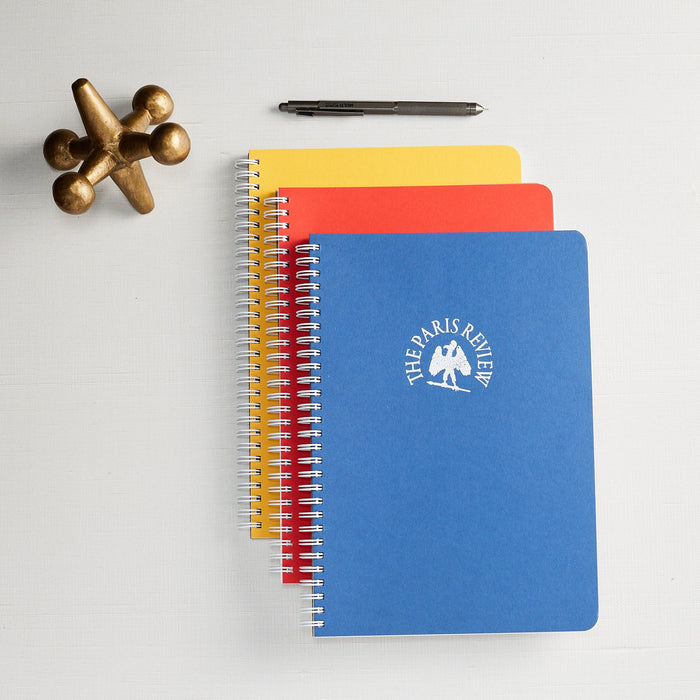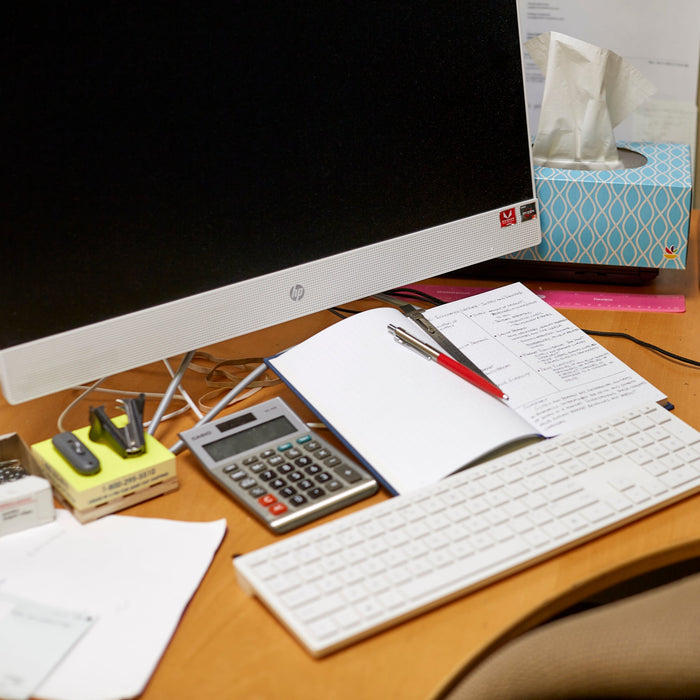The art of journaling is still alive and well, thanks in part to many excellent apps out there that make digital journaling a breeze. Yet, some people still prefer to keep a physical journal. If you're wondering whether you should download a snazzy new journal app or buy a beautiful, leather-bound book to write in, read on.
Why Keep a Digital Journal?
There are countless digital journal apps out there, but they all have one thing in common: They make keeping a record of your thoughts and daily happenings on the fly super easy. Many journaling apps have features that aren't possible, or at least not as easy, with a physical book. For example, you can often attach photos, which makes it simple to illustrate what you're writing. This adds a lot of depth to an entry and enriches the memories you're recording.
A digital journal is potentially cheaper than buying physical notebooks to write in. Most apps have a free version that displays ads, but even if you pay a few dollars for a premium version, this is probably less than you'd spend on physical diaries over time.
Digital journals also have the primary benefit of security against prying siblings and other snoops. You can usually set a passcode for your journal app, and this, coupled with a password on your phone or computer, makes it virtually impossible for anyone but you to access it. This is especially useful if you live with other people and don't have any good hiding places for a physical diary.
The one drawback here is that there's a small chance of someone accessing your journal entries through a hack. It's essential to go with an app that's trusted and well-reviewed and check the terms and conditions to see what the company does with your data. Often, you may scan your entries for keywords for targeted advertising. You'll want to make sure your journal is in safe hands.
What About a Physical Journal?
As with almost everything, the analog option is technically less sophisticated but potentially a more superior experience, depending on your taste. Sitting and writing in a physical diary every day will likely take more time than typing out a quick entry on your phone or laptop. However, many journalers enjoy taking half an hour to sit and write out their thoughts with pen and paper.
While a digital journal often allows you to insert photos, emojis, and other digital aesthetic touches, a physical book potentially offers even more flexibility. You can still print out pictures and stick them in, and add things like ticket stubs, plane tickets, and other mementos. Many people like to draw alongside their text entries, even if it's just a few simple stick figures to illustrate what happened that day.
The notebook itself can be as simple or fancy as you like, too. Many journalers love investing in good quality, hardback book with thick pages. However, there's nothing wrong with using something you picked up for a dollar either. Arguably, it's less likely anyone will want to snoop if the diary looks simple, so that might be a consideration too.
When it comes to security, it's a toss-up: You'll need to decide if the risk of a roommate or partner finding your journal is more significant than entrusting your data to a corporation.
Overall, whether you keep a physical or digital journal, sitting and recording your thoughts is a great way to externalize your feelings. It's beautiful to look back on entries from years past and remember a happy event, and perhaps learn from mistakes too.




Leave a comment